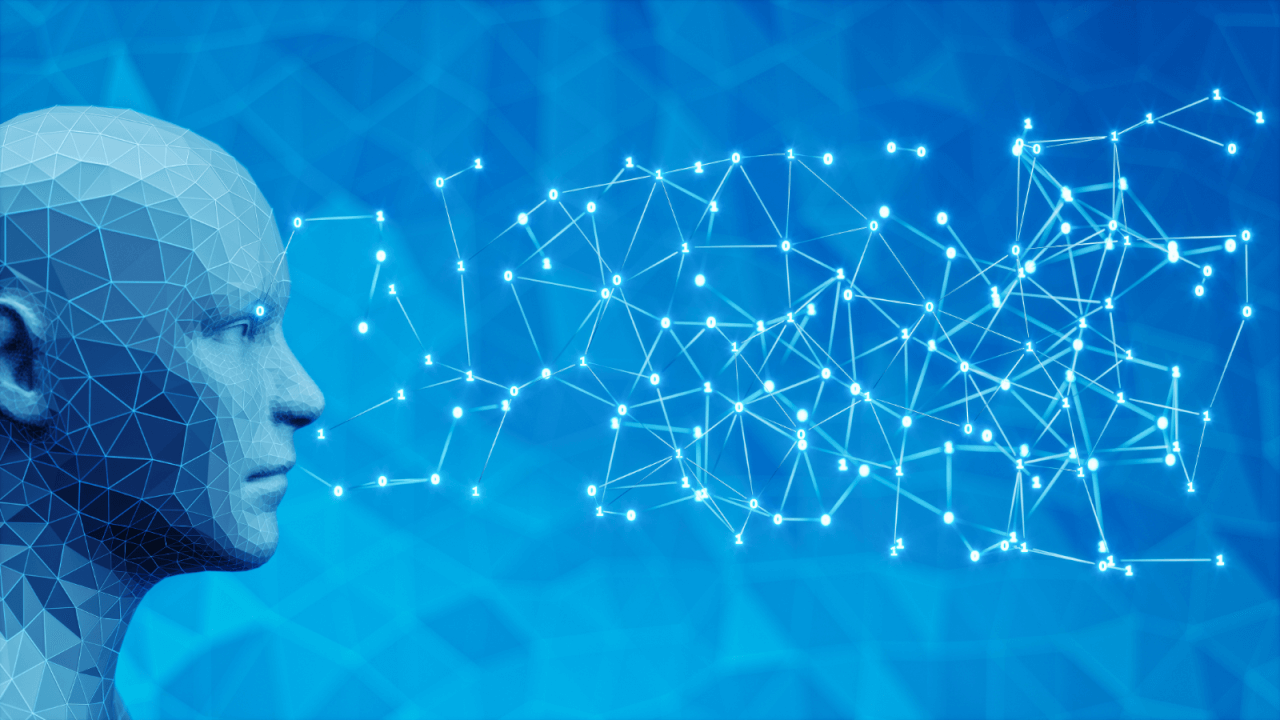Artificial intelligence (AI) has been part of the industrial conversation for years. Yet in the past two years, generative AI has fundamentally changed the game. This is no longer about analysing data or running predictive models; it is about systems capable of independent thinking, decision-making, and managing entire production processes end-to-end.
Siemens Digital Industries CEO Rainer Brehm captured this shift succinctly: “We are moving beyond the question–answer paradigm to systems that can run full industrial workflows on their own. By automating automation, we aim to increase productivity by up to 50%.” This is not merely a marginal efficiency gain; it is a mental revolution that will redefine the nature of production.
Generative AI is transforming industry across four primary domains. Autonomous industrial systems can interpret human intent, learn continuously, and coordinate with other systems, overseeing everything from procurement and quality control to maintenance planning and production optimisation. Generative design shortens prototype cycles from months to days, testing millions of iterations to identify the optimal solution. Predictive maintenance detects faults days before they occur, minimising unplanned downtime and safeguarding continuity. Specialised hardware—chips, sensors, robotics—enables real-time decision-making in milliseconds, making it possible to deploy these systems effectively on the factory floor.
Globally, the US retains its leadership position, with OpenAI, Google, Anthropic, and Meta driving innovation and scaling applications in defence, finance, and logistics. China, through Alibaba, Baidu, Tencent, and Huawei, is pushing ahead at state-backed speed in smart manufacturing and urban security. Israel, with one of the highest per capita AI start-up concentrations, delivers both defence-focused and civilian solutions in health, finance, and agriculture. The UK, anchored by a robust research ecosystem, seeks global leadership in AI safety and ethics. Japan, led by Toyota, Sony, SoftBank, and NEC, is integrating AI deeply into robotics to address an ageing population.
Turkey remains in the “early majority” stage of its digital transformation. Industrial robot density lags behind developed economies, yet the country’s young workforce, strategic location, and competitive sectors give it a strong platform. Defence, automotive, white goods, and textiles all present opportunities to move up the global value chain through generative AI. Building an ecosystem that develops original software, rather than relying on reverse engineering, could shift Turkey from being a technology importer to an exporter.
Risks, however, are significant. Protecting industrial secrets and production data makes security a priority. Workers at every level—from shop floor to engineering—must gain new skills or risk being left behind. Perhaps most critically, over-reliance on foreign infrastructure for core industrial processes could carry economic and strategic consequences.
To close the gap, Turkey needs a clear roadmap. This means a national industrial AI strategy co-designed by government, business, and academia; domestic platforms and solutions to reduce dependency; stronger collaboration between established manufacturers and start-ups; an education system aligned with AI skills; and joint R&D centers with leading global industrial and technology companies to accelerate technology transfer.
Alongside these structural steps, the country should launch high-impact pilot projects in priority sectors, create investment funds for AI ventures, build domestic cloud infrastructure to keep data within national borders, retrain the workforce for AI-driven environments, and establish internationally recognised quality and safety certifications to strengthen credibility in global markets.
Falling behind in AI carries a heavy cost, economically and strategically. This time, Turkey has the chance to start early—and lead from the front.








